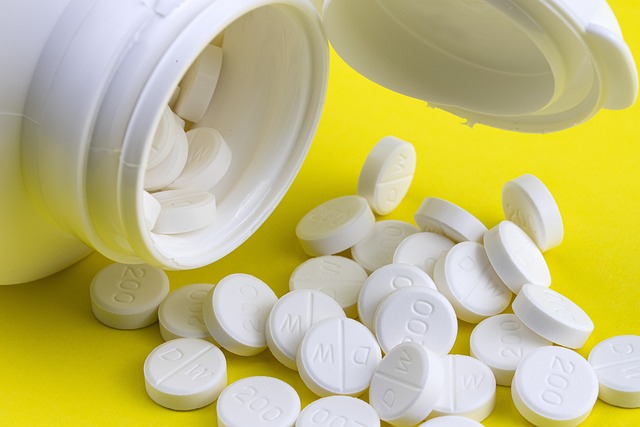Choosing the Right Food for Your Pet’s Age and Size can be a daunting task, but it’s essential for maintaining your pet’s overall health and well-being. With so many options available in the market, it’s crucial to make an informed decision that suits your pet’s specific needs.
Probiotics have gained significant attention in recent years as a potential solution to improve pet nutrition. Probiotics are live microorganisms that provide health benefits when consumed, and they can play a vital role in maintaining a healthy gut microbiome in pets. In this article, we’ll delve into the world of probiotics and explore their role in pet nutrition.
Probiotics have been shown to have numerous benefits for pets, including improved digestion, boosted immune system, and even mental health support. A healthy gut microbiome is essential for overall well-being, as it plays a crucial role in nutrient absorption, waste management, and the production of certain vitamins.
When it comes to pet nutrition, probiotics can be incorporated into your pet’s diet through various means, such as food supplements, treats, or even raw diets. However, it’s essential to choose a high-quality probiotic that is specifically designed for pets.
One of the most significant benefits of probiotics in pet nutrition is their ability to support digestive health. A healthy gut microbiome is essential for proper digestion, absorption, and utilization of nutrients. Probiotics can help reduce symptoms of gastrointestinal issues such as diarrhea, constipation, and inflammatory bowel disease.
Probiotics can also have a positive impact on your pet’s immune system. A strong immune system is crucial for fighting off infections and diseases. Probiotics can help support the immune system by promoting the production of antibodies and activating immune cells.
In addition to digestive and immune benefits, probiotics have also been shown to have mental health benefits for pets. A healthy gut microbiome has been linked to reduced stress levels, improved mood, and even anxiety relief.
When choosing a probiotic supplement for your pet, it’s essential to consider the following factors:
* The type of bacteria: Look for strains that are specifically designed for pets, such as Lactobacillus acidophilus, Bifidobacterium bifidum, or Saccharomyces boulardii.
* The potency: Choose a supplement with a high CFU (colony-forming unit) count to ensure maximum effectiveness.
* The delivery method: Consider a product that is easy to administer, such as a tasty treat or a simple oral gel.
Incorporating probiotics into your pet’s diet can be straightforward. You can start by adding a probiotic supplement to their regular food or treats. Alternatively, you can try raw diets or homemade recipes that incorporate probiotic-rich ingredients.
As with any new addition to your pet’s diet, it’s essential to monitor their response and adjust as needed. Keep an eye on your pet’s stool quality, appetite, and overall health, and make adjustments accordingly.
In conclusion, probiotics play a vital role in maintaining a healthy gut microbiome in pets. By incorporating probiotics into your pet’s diet, you can support digestive health, immune function, and even mental well-being. Remember to choose high-quality products and follow the recommended dosage to ensure maximum effectiveness.
Tags:
Pet Probiotics
Canine Nutrition
Feline Health

